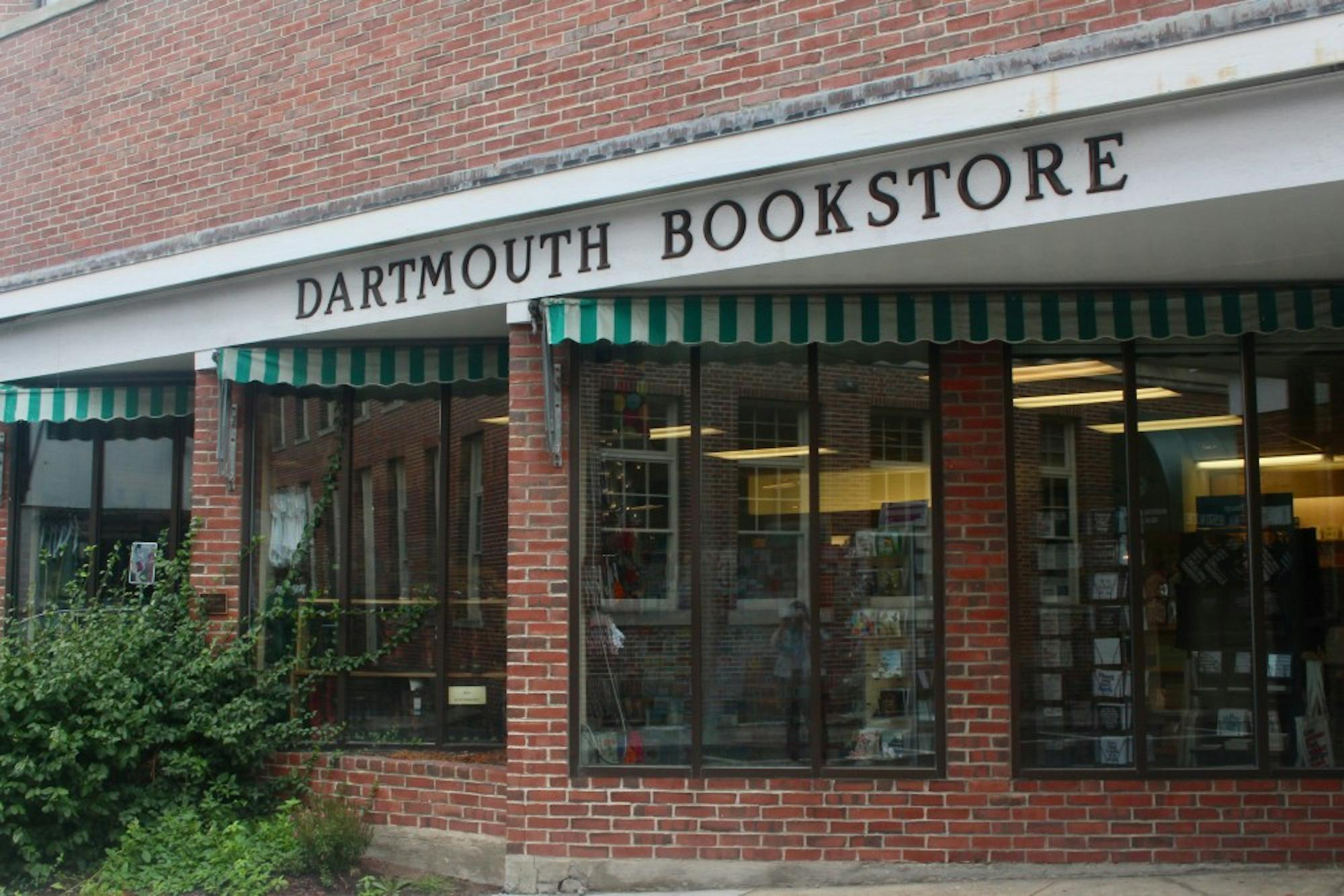In a few months’ time, Hanover will be left without a place to buy newly released books. The Dartmouth Bookstore — Hanover’s Barnes and Noble — will close at the end of the calendar year, following a decision not to renew its lease, according to owner Jay Campion.
“Our lease expires this year at the end of December, and unfortunately we have been unable to come to terms with the landlord on a new lease,” vice president of Barnes and Noble College stores Paul Maloney wrote in an email statement.
Town manager Julia Griffin said that Barnes and Noble was a “core store” in town. On busy weekends it was “hopping with people” browsing shelves, sitting in the café area and talking with one another, said Griffin. Griffin called the loss a “real blow” to the town.
Dartmouth government professor Herschel Nachlis noted that, should Hanover lose Barnes and Noble, it would likely be one of the only communities with a prominent college not to have a bookstore for new books.
“If Barnes and Noble were to close, this town would need an independent bookstore far more than it needs another Farmhouse Pottery,” Nachlis said, referring to the artisanal homegoods store which will be replacing Rambler’s Way.
Owner of Hanover’s used bookstore Left Bank Books Nancy Cressman emphasized the importance of bookstores to many towns.
“Bookstores are the hub of many communities, and Hanover needs a fully vibrant bookstore that sells newly published books,” Cressman said.
Prior employee Monica Alvarez ’18 worked at Barnes and Noble for a year and a half, before leaving last May. During her time at Barnes and Noble, the store continually cut back hours, closing the store earlier. She said employees spoke of the corporate office giving the manager fewer hours to distribute among her staff. When Alvarez left in March, no one replaced her.
Cressman noted that recently, many local stores have closed: Hanover has seen the closure of restaurants EBA’s in 2017 and the Canoe Club this year, as well as craft store Folk this year.
Griffin said the Barnes and Noble store’s location on a key corner meant the spot made it an “activity node” for the town and brought people to Hanover.
“As town manager, I hate to see those holes in downtown because it potentially reduces destination foot traffic,” said Griffin.
Campion said he believed the store was impacted by online alternatives such as Amazon.
“As you know the book business has changed rather radically… and I think they’ve been impacted by that,” he said.
Griffin also pointed to this national trend away from physical bookstores.
“Before Amazon exploded onto the bookstore stage, Dartmouth Bookstore was a busier place,” she said. She explained that the previously independently owned Dartmouth Bookstore used to also own the 2nd floor of 5 Allen St. and 7 Allen St.; the latter was used for a large DVD collection, but has downsized over the last few decades.
Cressman said online stores can’t replace brick and mortar bookstores, as they provide “a place for people to browse books, see choices.”
Griffin noted that the trend toward online shopping affects Hanover stores, citing “in general, students doing less and less shopping downtown.” Stores are struggling to “eek out a niche” for their products that is “curated enough to set themselves apart as a reason why you’d want to forgo the convenience of shopping online in your ‘jammies.’”
The Barnes and Noble also stopped carrying textbooks a few years ago. Alvarez, who is now the Wheelock Books store manager, said that due to the Dartmouth quarter system, stores that carry Dartmouth books need to switch inventory four times a year. “It’s a lot of work,” Alvarez said, expressing that the financial side of carrying textbooks likely didn’t make sense for a multi-purpose bookstore.
Griffin attributes Barnes and Nobles’ decision to no longer carry textbooks to a “falling out” between Dartmouth faculty and the store over a decade ago, and says this likely made it harder for the store to find a place in a college town market, and contributed to the stores’ closing.
For Cressman, the newly open space asks the question, “What is Main Street Hanover going to be?”
Campion noted that, “there’s always been a lot of turnover in Hanover,” and says his family is looking for “vibrant retail” to fill the space.
Nachlis said one great option would be for the College or the town to step in to help support a new bookstore in the town, citing Princeton University’s Labyrinth Books as an example. When the store that had been carrying course books chose to exit that market, Princeton University consulted with local independent bookstores and supported the creation of Labyrinth Books, a scholarly chain which then had stores in both New Haven and Manhattan, according to Labyrinth owner Dorothea von Moltke. Labyrinth hosts multiple events a week for the community, many of which have a tie to Princeton, and their relationship with Princeton also allows the store to discount books by 30 percent, von Moltke said.
Cressman mentioned the possibility of an owner buying or renting the space and hiring a manager to run it as a new bookstore. She nodded to the owners of Phoenix Books in Burlington, Vermont, who own a total of five bookstores across the state. The Barnes and Noble store manager and employees declined to speak with the press.
“This is an academic community, and I think it’s really important for academic communities to have bookstores [for newly released books],” Nachlis said.




